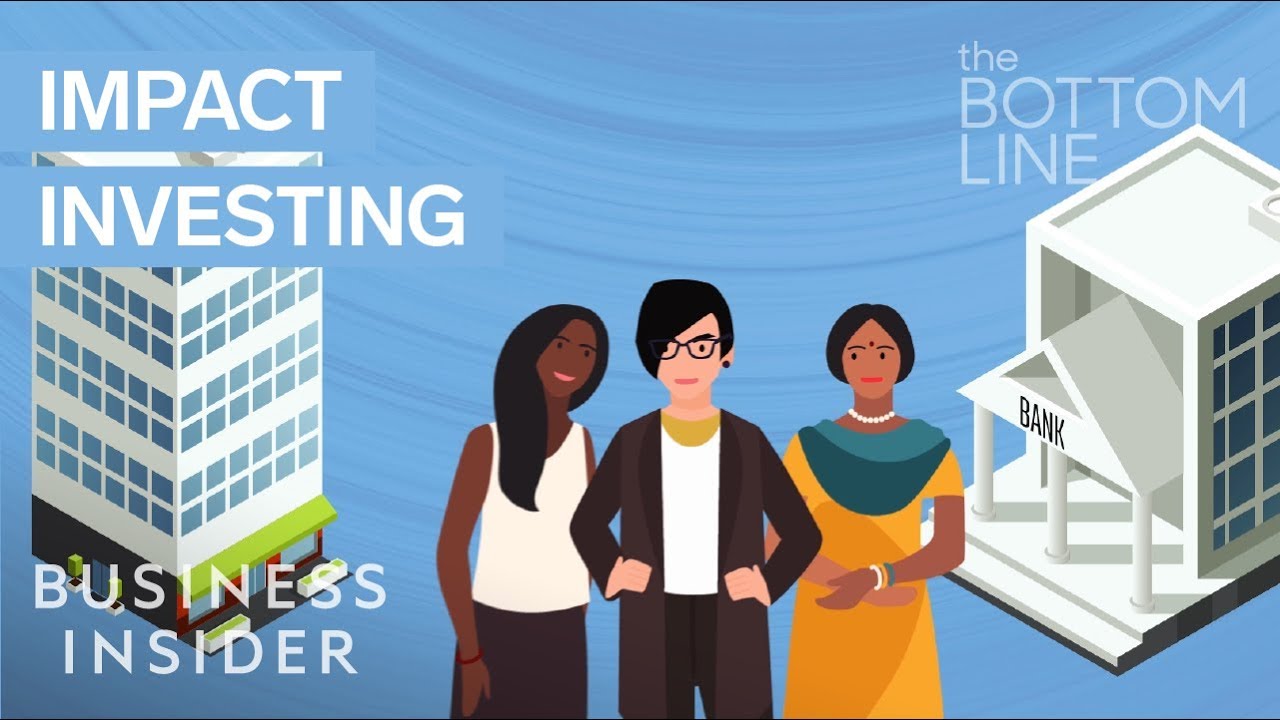$1 Billion Impact Investor Explains How She Makes Money While Making The World A Better Place
Unleash Your Creative Genius with MuseMind: Your AI-Powered Content Creation Copilot. Try now! 🚀
What is Impact Investing?
Impact investing is a facet of socially responsible investing that focuses on intentional outcome orientation. It aims to provide a certain good or service to underserved populations, often through innovation and technology. Impact investors seek to create products and services that address pressing issues like climate change, energy efficiency, and affordable housing.
Investing in Affordable Housing
One area of focus for impact investors is affordable housing. In the United States, one in four households does not have access to affordable housing, meaning they spend more than 30% of their income on rent. This financial burden leaves them with fewer resources for education, healthcare, and healthy food. Impact investors are working to preserve existing affordable housing stock, ensuring that it remains affordable for the long term. By making these apartments available to working families, impact investors are creating safe and thriving communities.
Investments in affordable housing involve purchasing properties and working with operators and developers who are committed to preserving affordability. These investments prioritize sustainability, often using energy retrofits to make the properties more efficient. They also focus on creating community spaces and residence services, such as after-school programs for families or access to services for seniors.
Measuring Success in Impact Investing
When it comes to measuring the success of impact investments, there are several key metrics to consider. For affordable housing, these include the percentage of income tenants are paying for rent, the implementation of energy retrofits, and the accessibility of the properties to amenities like transit and schools. Impact investors are committed to tracking these metrics to ensure that the desired outcomes are being achieved.
Impact Investing Beyond the US
While impact investing is making waves in the US, it is also gaining ground in emerging and frontier markets. Financial inclusion is a key theme in these markets, where many marginalized groups lack access to credit, savings, and insurance. Microfinance, the provision of credit to creditworthy individuals who lack access to traditional financial systems, is one example of impact investing in these markets. By providing loans and working capital to small enterprises run by women, microfinance helps boost economic growth and empowerment.
Another impactful investment in these markets is in the remittance space. Migrant populations often send money back home to support their families. However, the high costs of remittance services eat into their funds. Impact investors are focusing on lowering these costs by investing in online remittance providers. By leveraging technology, these platforms can offer more affordable options for sending money, putting more money in the pockets of the working poor.
The Journey into Impact Investing
Rekha Unnithan, the impact investing portfolio manager for Naveen, shares her journey into impact investing. Growing up in Bombay and studying economics at Yale, she became curious about how capital can be tied to addressing global challenges. At Nuveen, she helped design and implement the impact investing portfolio, leveraging the firm's expertise in private equity and real estate. Unnithan advises those interested in impact investing to consider the United Nations' Sustainable Development Goals (SDGs) as a framework for aligning their investments with pressing issues like poverty, inequality, and sustainability.
Overcoming Misconceptions
One common misconception about impact investing is that it requires sacrificing financial returns. However, impact investing is an investment discipline in its own right. While impact investors may choose to prioritize subsidized returns, they can also seek risk-adjusted returns. The idea that impact investing is solely a philanthropic tool is slowly changing as more investors recognize its potential for both financial and societal impact.
As impact investing continues to gain traction, it offers a unique opportunity to make money and do good simultaneously. By directing capital towards initiatives that address pressing global challenges, impact investors are playing a vital role in creating a more sustainable and inclusive future.

Related Recaps
- Get Ready for Mother's Day & Food Truck | Gardening with Creekside
- I STOLE MY FRIENDS PRIZED POSSESSIONS - 31 - Hermitcraft Season 9
- THE SPILL ☕️ EP9| ABSTAINING WHILE DATING! SHOULD YOU? #podcast #relationship #dating #trending
- Do Our Deceased Loved Ones Miss Us? A Medium's Perspective
- Hatching ADOPT ME EGGS IRL!